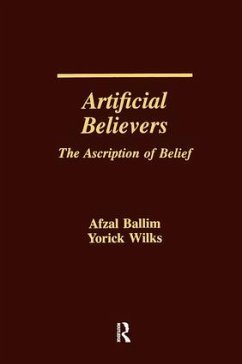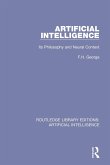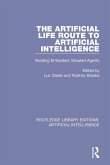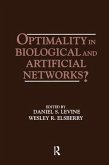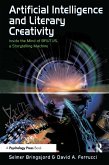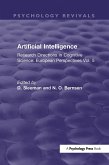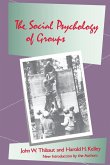Modeling of individual beliefs is essential to the computer understanding of natural languages. Phenomena at all levels -- syntactic, semantic, and pragmatic -- cannot be fully analyzed in the absence of models of a hearer and of the hearer's model of other believers. The heart of this text is the presentation of an artificial intelligence (AI) program intended to simulate certain aspects of a human believer. This book provides a prolog program, Viewgen, that maintains belief structures about the world and other believers, and is able to ascribe beliefs to others without direct evidence by using a form of default reasoning. The authors contend that a plausible model such as this can -- in the best cognitive science tradition -- shed light on the long-standing philosophical problem of what belief is. The issues presented here will be of considerable interest to an informed general reader as well as those with a background in any of the disciplines that make up what is now called cognitive science: philosophy, linguistics, psychology, neuropsychology, and also AI itself.
Hinweis: Dieser Artikel kann nur an eine deutsche Lieferadresse ausgeliefert werden.
Hinweis: Dieser Artikel kann nur an eine deutsche Lieferadresse ausgeliefert werden.

